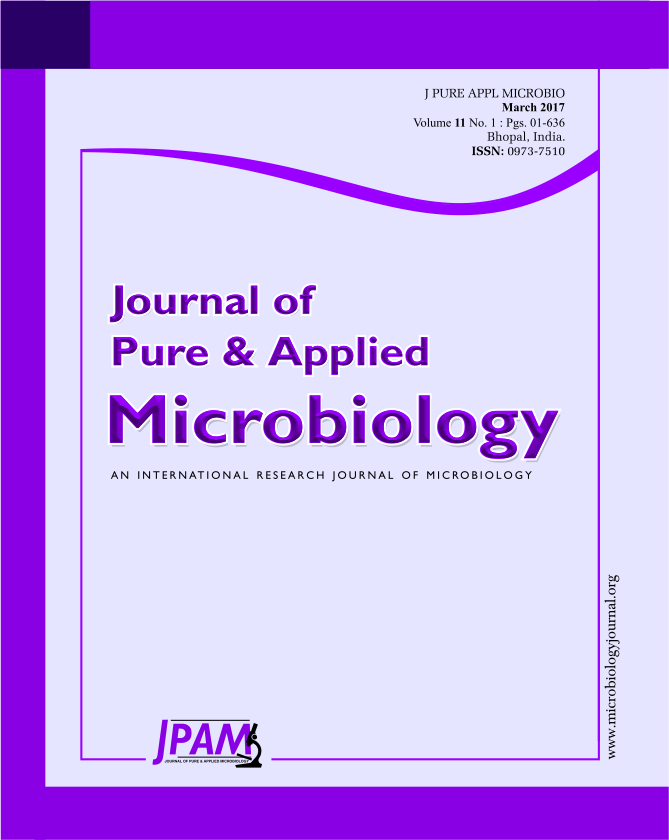In this study, 31 bacterial strains were isolated from the rhizospheric soil of Curcuma amada (mango ginger) and their plant growth promotion potential, salinity tolerance, antibiotic sensitivity, antimicrobial properties were evaluated. Eight bacterial strains namely Azotobacter chroococcum KCA1, Pseudomonas fluorescens KCA2, Bacillus subtilis KCA3, Bacillus sp. KCA4, Agrobacterium tumifaciens KCA5, Bacillus cereus KCL7, Pseudomonas putida KCA8 and Paenibacillus sp. KCA9 have been identified on the basis of biochemicals and 16S r RNA gene sequence analysis. All the strains solubilized tri-calcium phosphate and produced IAA, ammonia but only 50% of the strains produced siderophores during PGP traits analysis. Strains KCA8 tolerated maximum NaCl (7%) relative to strain KCA5 (1-2%). The strains were sensitive to the antibiotic chloromphenicol followed by erythromycin and most of these effectively inhibited growth of Escherichia coli, Fusarium solani and Alterneria alternata during antimicrobial properties.
Curcuma amada, PGPR, PGP traits, Antimicrobial properties, Salinity tolerance.
© The Author(s) 2017. Open Access. This article is distributed under the terms of the Creative Commons Attribution 4.0 International License which permits unrestricted use, sharing, distribution, and reproduction in any medium, provided you give appropriate credit to the original author(s) and the source, provide a link to the Creative Commons license, and indicate if changes were made.


